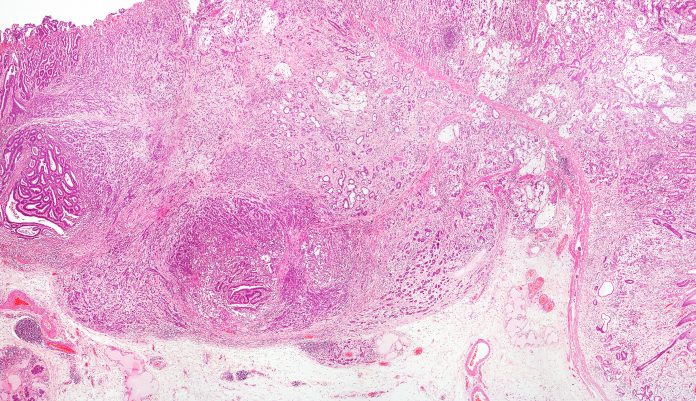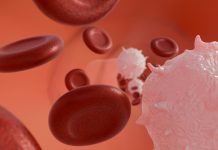Investigators from the National Institute of Allergy and Infectious Diseases (NIAID) have announced an experimental therapeutic cancer vaccine
This new potential cancer vaccine has been shown to induce two distinct and desirable immune responses leading to significant tumour regression in mice.
Therapeutic cancer vaccines are designed to increase tumour-specific T-cell immunity. However, researchers have discovered that suppressive mechanisms within the tumour microenvironment (TME) may limit T-cell function.
The researchers found that the vaccine’s intravenous administration (IV) boosted the number of cytotoxic T cells capable of infiltrating and attacking tumour cells and engaged the innate immune system by inducing type I interferon.
The innate immune response modified the tumour microenvironment, counteracting suppressive forces that otherwise would tamp down T-cell action. Modification of the tumour microenvironment was not seen in mice that received the vaccine via needle injection into the skin (subcutaneous administration).

The potential of “vax-innate”
Labelled “vax-innate” by the scientific team, the approach achieves an important goal in the quest for more effective immunotherapeutic vaccines for cancer.
The study has demonstrated that IV vaccine delivery enables and enhances T-cell immunity by overcoming tumour-induced immunosuppressive activity.
The team have said the human vaccine candidate may also be given intravenously to people who have already received tumour-specific T Cells as a therapy. The “vax-innate” approach also holds the potential to improve tumour control by increasing the number of t cells and altering the tumour microenvironment, allowing them to function better.
“Our results show that the generation of tumour-specific CD8+ T cells combined with remodelling of the [tumour microenvironment] is a promising approach for tumour immunotherapy.”
Will we see the SNAPvax cancer vaccine in 2023?
Designed by Doctor Robert Seder and colleagues at the NIAID Vaccine Research Center (VRC) together with collaborators from Vaccitech North America, a clinical-stage biopharmaceutical company in Baltimore, Maryland. Vaccitech announced plans to advance the SNAPvax platform for treating human papillomavirus-associated cancer in 2023.











